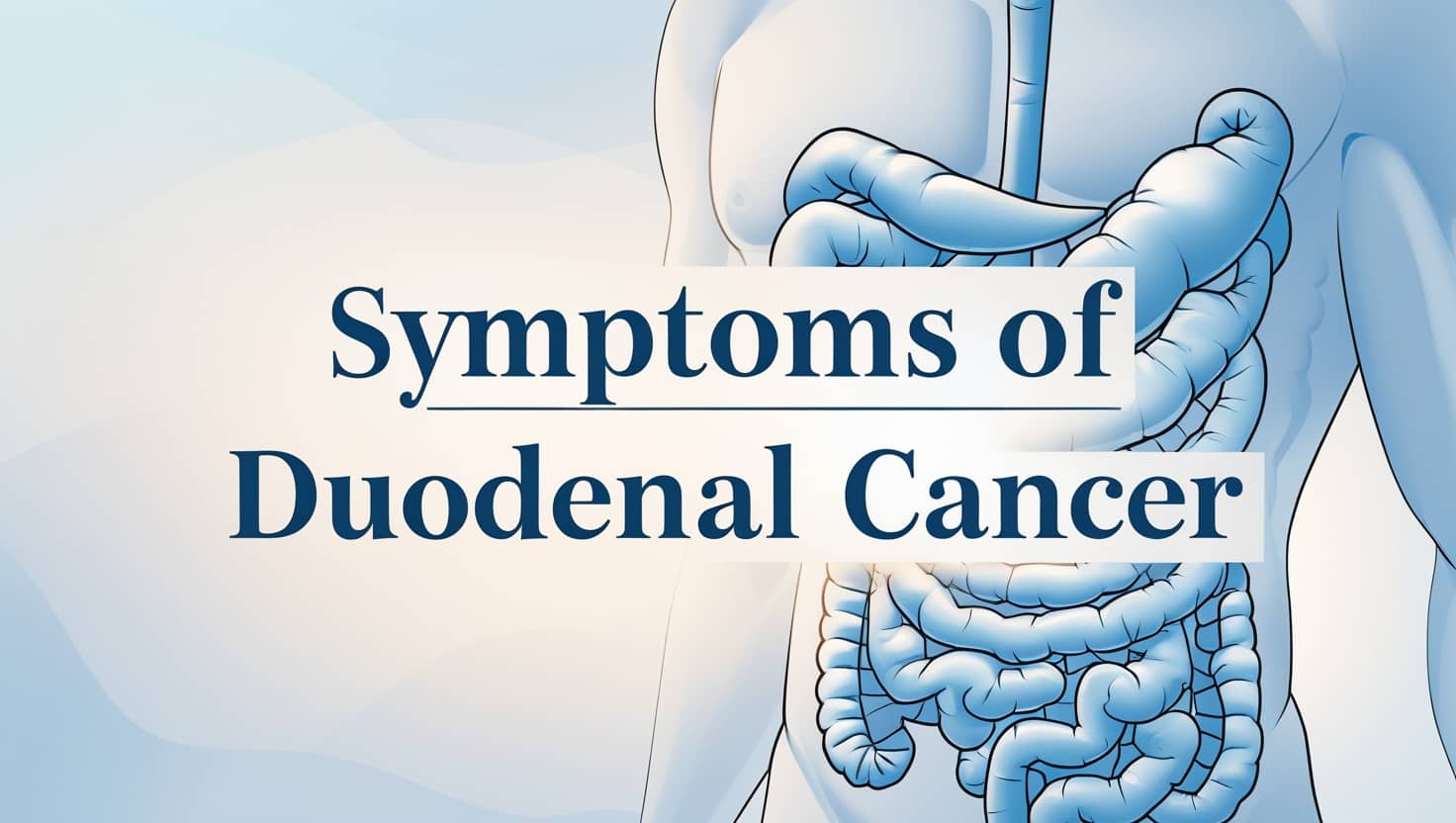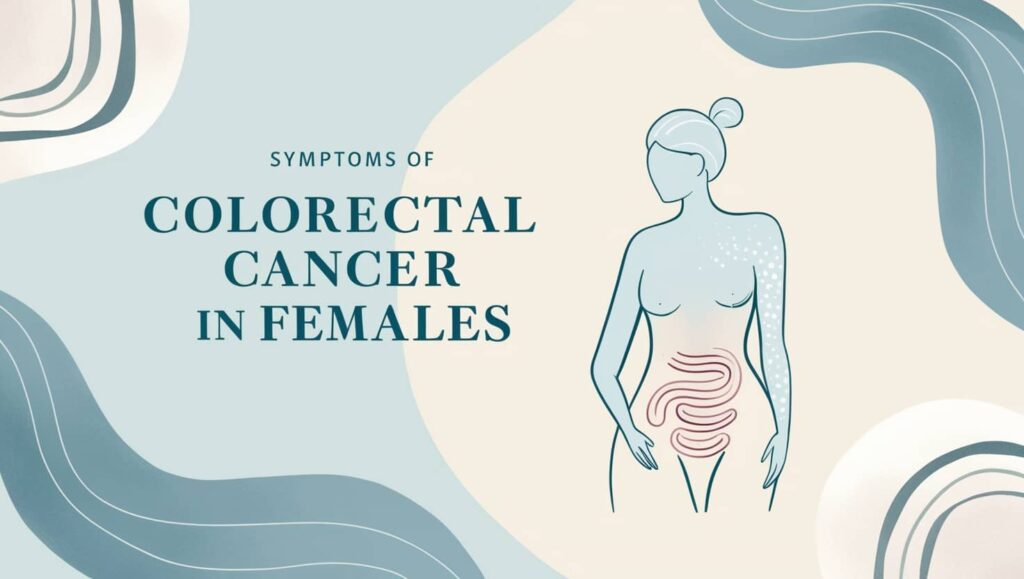Duodenal carcinoma is a rare cancer that arises in the first segment of the small intestine. Symptoms of duodenal cancer are frequently nonspecific and easy to ignore. You may not notice anything is wrong until the cancer has progressed for months. Duodenal cancer is an uncommon but rapidly growing cancer in the small intestine or colon.
Duodenal malignant tumors are classified into numerous forms, moreover, the most common of which are adenocarcinoma, carcinoid tumors, leiomyosarcoma, and lymphoma.
Early Symptoms of Duodenal Cancer in Women and Men
Duodenal cancer can induce several symptoms, such as:
-
- Unexplained weight loss: occurs gradually without changing one’s diet or activity habits, usually owing to a decreased appetite or nutritional malabsorption.
- stomach discomfort: Mild, persistent pain or discomfort in the upper abdomen, sometimes misunderstood as indigestion. This discomfort comes and goes, and it may intensify after eating.
- bloody stools: Dark, tarry, or pale-colored feces may suggest bleeding in the gastrointestinal system.
- Bloating or indigestion: A feeling of fullness, bloating, or moderate indigestion, usually after eating. It might be confused with typical digestive problems such as acid reflux or gastritis.
- Nausea: Persistent moderate nausea that can occur after eating or at specific times of the day.
- Vomiting: occurs owing to a blockage or obstruction in the duodenum, which prevents food from passing through the digestive tract properly.
- weakness and exhaustion: are frequent symptoms of nutritional malabsorption or anemia caused by duodenal cancer.
However, experiencing these symptoms does not always indicate that a person has cancer. Irritable bowel syndrome and inflammatory bowel disease are only two of the many illnesses that can produce comparable symptoms.
Digestive Changes Linked to Duodenal Cancer
Besides symptoms of duodenal cancer such as bloating, indigestion, nausea, and vomiting other digestive changes that occur linked to duodenal cancer. Here are some of these changes:
Changes in bowel movements
- Duodenal cancer can alter the frequency and regularity of bowel motions, resulting in constipation or diarrhea.
- Tumors can disrupt the natural flow of food and waste through the intestines. In certain situations, a blockage might produce constipation, while diarrhea can result from interrupted nutrition absorption.
Fatty feces (Steatorrhea):
- Fatty, pale-colored feces with a bad odor may indicate fat malabsorption.
- If the tumor interferes with the normal function of the duodenum, it may inhibit the release of bile and pancreatic enzymes, both of which are required for fat digestion and absorption.
Heartburn or acid reflux
- Tumor development disrupts regular digestion, which can cause symptoms comparable to acid reflux when stomach acid flows up into the esophagus.
Read Also: Symptoms of H. Pylori in Females
Advanced Symptoms of Duodenal Cancer
As cancer progresses, additional symptoms may include:
Anemia
This is when you have a low red blood cell count, which might make you feel tired or weak. It can occur when a tumor begins to bleed into the gut.
Obstruction of the gastrointestinal system
This occurs when a tumor becomes so large that it prevents anything from passing through the gut.
Jaundice
When a tumor in the duodenum stops the bile duct, bilirubin, a bile pigment, can accumulate and make your skin and eyes yellow.
Reference
- Duodenal Cancer – an overview | ScienceDirect Topics. (n.d.). Retrieved from Sciencedirect
- Duodenal cancer: Symptoms, treatment, and survival rates. (2019, January 28). Retrieved from www.medicalnewstoday.com website: https://www.medicalnewstoday.com/articles/324309#symptoms
- Poultsides, G. A., Huang, L. C., Cameron, J. L., Tuli, R., Lan, L., Hruban, R. H., … Schulick, R. D. (2011). Duodenal Adenocarcinoma: Clinicopathologic Analysis and Implications for Treatment. Annals of Surgical Oncology, 19(6), 1928–1935. https://doi.org/10.1245/s10434-011-2168-3
- Signs and Symptoms of Small Intestine Cancer (Adenocarcinoma). (n.d.). Retrieved from www.cancer.org website: https://www.cancer.org/cancer/types/small-intestine-cancer/detection-diagnosis-staging/signs-symptoms.html
- Villano, A. (1445, March 17). Small-Intestine Cancer. Retrieved January 7, 2025, from Merck Manual Consumer Version website: https://www.merckmanuals.com/home/digestive-disorders/tumors-of-the-digestive-system/small-intestine-cancer







